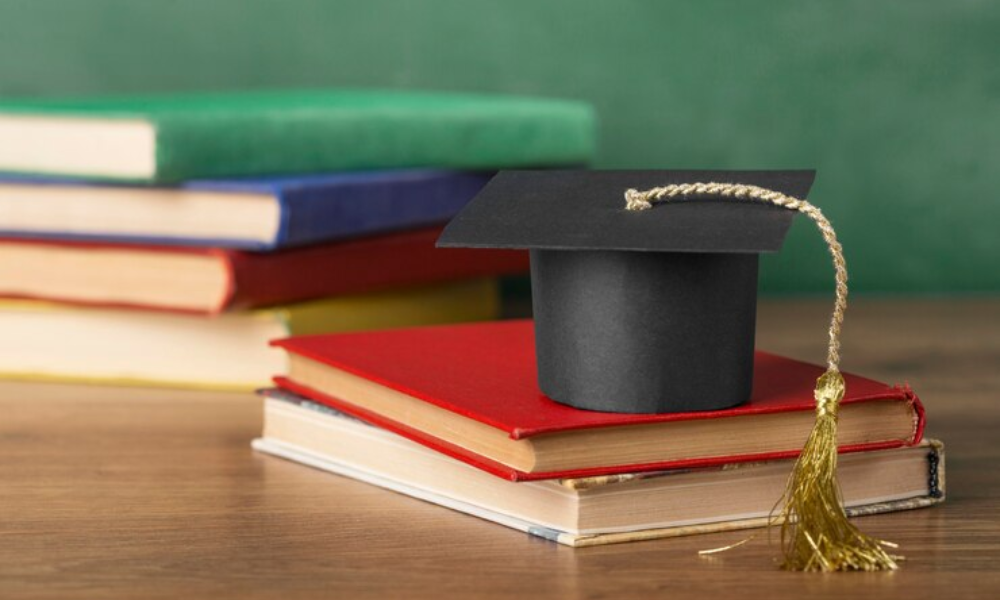Boarding school life is a transformative experience for students, offering them a unique environment to grow academically, socially, and personally. For parents, college-going students, and teenagers considering this path, understanding the nuances of boarding school life is essential. Let’s delve into what makes boarding schools a compelling choice for many families.
The Daily Routine at Boarding Schools

Structured Schedule
Boarding schools follow a highly structured schedule that balances academics, extracurricular activities, and personal time. This structure helps students develop a disciplined lifestyle.
Morning Rituals
The day typically starts early with morning exercises or activities, followed by a nutritious breakfast. This routine instills the importance of physical fitness and a balanced diet.
Academic Hours
Classes are usually held from the morning until early afternoon, providing a rigorous academic environment that emphasizes both theoretical knowledge and practical applications. The focused academic hours ensure that students are well-prepared for higher education and future careers.
Evening Prep Time
Students often have designated study periods in the evening to reinforce what they learned during the day. This prep time helps students develop effective study habits and a deeper understanding of their coursework.
Academic Environment

Small Class Sizes
Boarding schools often have smaller class sizes, allowing for more personalized attention from teachers. This setup ensures that each student’s needs are met and questions are promptly addressed.
Qualified Faculty
Many schools employ highly qualified teachers who are experts in their fields. These educators bring a wealth of knowledge and real-world experience to the classroom, enhancing the learning experience.
Advanced Curriculum
The curriculum is designed to be challenging and often includes Advanced Placement (AP) or International Baccalaureate (IB) courses. These programs are recognized globally and help students gain college credits while still in high school.
Resources and Facilities
Access to well-equipped laboratories, libraries, and technology enhances the learning experience. Modern boarding schools provide state-of-the-art facilities that support a wide range of academic pursuits and research opportunities.
Extracurricular Activities

Diverse Options
Students can choose from a wide range of extracurricular activities, including sports, arts, and clubs. These activities cater to various interests and talents, ensuring that every student can find something they are passionate about.
Skill Development
These activities help in the holistic development of students, fostering skills such as teamwork, leadership, and creativity. Participation in sports, for instance, teaches students about perseverance and strategic thinking, while arts and clubs promote creativity and collaboration.
Competitions and Events
Regular inter-school competitions and events provide platforms for students to showcase their talents. These events not only build confidence but also encourage a healthy competitive spirit among students.
Social Life and Community

Living with Peers
Boarding schools provide an opportunity for students to live and interact with peers from diverse backgrounds. This interaction promotes understanding and respect for different cultures and perspectives.
Lifelong Friendships
The close-knit community helps in forming strong, lifelong friendships. The shared experiences and challenges faced together create bonds that last a lifetime.
Cultural Exposure
Students are exposed to different cultures and traditions, promoting inclusivity and understanding. This cultural diversity prepares students to thrive in a globalized world and become well-rounded individuals.
Independence and Responsibility

Self-Reliance
Living away from home teaches students to be self-reliant and responsible for their actions. They learn to manage their daily tasks, from doing laundry to managing finances, fostering a sense of independence.
Time Management
The structured environment helps students develop excellent time management skills. They learn to balance their academic responsibilities with extracurricular activities and personal time, a skill that is invaluable in both college and professional life.
Personal Growth
The independence gained at boarding school contributes significantly to personal growth and maturity. Students learn to make decisions, solve problems, and navigate challenges on their own, which builds resilience and confidence.
Conclusion
Boarding school life is a comprehensive experience that prepares students for future challenges by providing a structured, supportive, and enriching environment. This holistic approach ensures that students not only excel academically but also develop essential life skills.
Frequently asked question
1. What is the daily routine like at boarding schools?
Answer. Boarding schools follow structured schedules including morning rituals, academic hours, and evening study periods to balance academics and personal development.
2. How do boarding schools support academic growth?
Answer. With small class sizes, qualified faculty, advanced curriculum, and state-of-the-art facilities, boarding schools provide personalized education and rigorous learning environments.
3. What extracurricular activities are available at boarding schools?
Answer. Boarding schools offer diverse activities such as sports, arts, and clubs, fostering skill development in teamwork, leadership, and creativity.
4. How does boarding school life contribute to social development?
Answer. Living with peers from diverse backgrounds promotes lifelong friendships, cultural exposure, and prepares students for a globalized world.
5. What life skills do students learn at boarding schools?
Answer. Students gain independence, responsibility, time management, and personal growth through living away from home and managing daily tasks.









